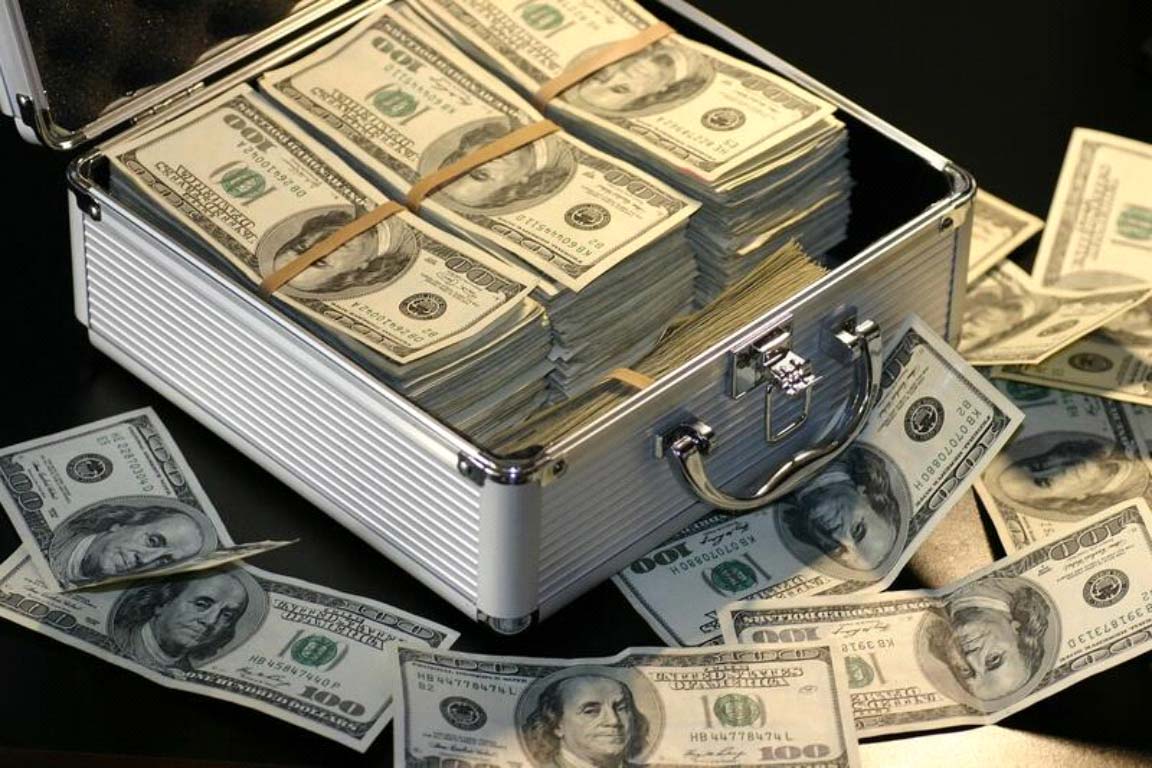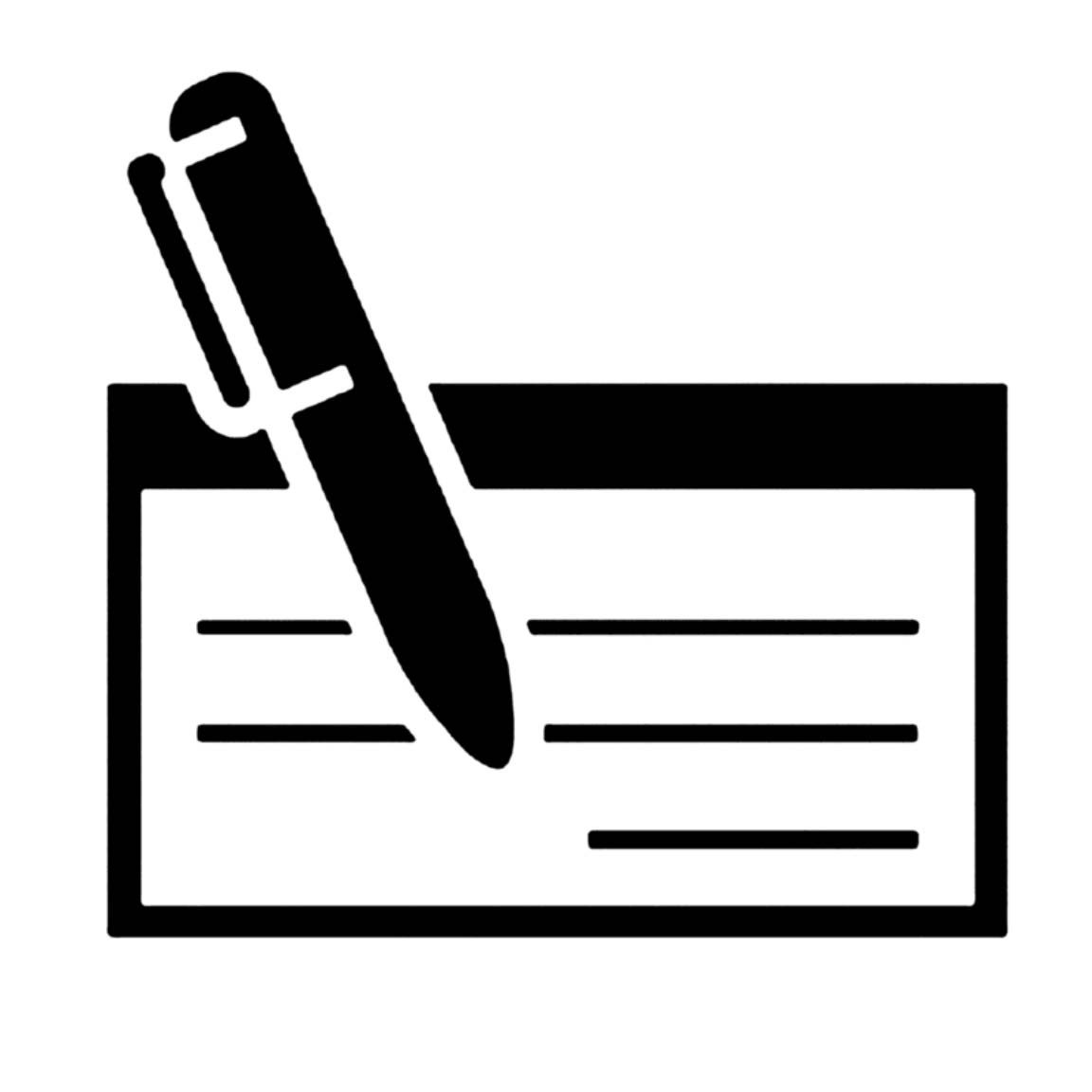Understanding how long it takes for a check to clear at your bank is an important part of managing money. Whether you’re depositing a check from an employer, writing a personal check at the store, or sending money abroad- understanding the timeline involved with when funds become available in your account can help ensure proper planning and minimize risks. In this blog we tackle all things related to checks clearing, including what ‘cleared’ really means and how fast or slow that process can be depending on various factors. Read on for more information about clearing times - so you're always in the know about when you have access to deposited funds!
Overview of the Check Clearing Process:
When a check is deposited, the bank has to verify that it’s good before releasing funds into your account. This process requires communication and exchange of information between you, the payer (the person writing the check) and their bank.
To put it simply - when you deposit a check, your bank needs to make sure there are enough funds in the account of the payer, and then they need to get confirmation from the payer’s bank that it is okay to release funds into your account. This process can take anywhere from a day or two, to even weeks depending on the type of check and other factors.
What Factors Influence How Long It Takes for a Check to Clear?

There are a variety of factors that can influence how long it takes for a check to clear. Here are some of the most common ones:
- Type of check - personal checks, cashier’s checks, money orders or other types like traveler’s checks
- Whether the payer and recipient have accounts in the same bank
- Whether the payer has enough funds to cover the check
- Location of the payer and recipient
- How quickly banks communicate with each other during the process
Factors That Affect How Long It Takes for a Check to Clear:
The type of check being used can have a huge influence on when the funds will become available. Personal checks are the slowest to clear, taking anywhere from two to three business days up to seven business days depending on the bank. Cashier’s or money orders typically clear within one business day while traveler’s checks may take up to a week to clear.
If the payer and recipient both use the same bank, it may be even quicker for a check to clear as banks can often verify the funds and deposit them into your account more quickly than if they had to communicate with another bank.
Tips and Tricks for Speeding Up the Process:
The best way to ensure that your check clears quickly is by making sure the payer has enough funds in their account. This can be verified prior to depositing the check by having them call their bank and confirming they have an adequate amount of money.
Additionally, if the recipient and payer use the same bank, then it’s a good idea for the recipient to deposit the check in person. This way, your bank can easily verify and confirm the funds more quickly because they won’t need to communicate with another banking institution.
Another strategy is to ask for a cashier’s or money order instead of a personal check. These types of payments typically clear within one business day as opposed to seven business days with personal checks. If you’re sending money abroad, traveler’s checks are a great option as they usually clear within five business days.
Laws and Regulations Regarding Check Clearing:

In the United States, there are various laws and regulations in place designed to protect consumers when it comes to check clearing. The federal Expedited Funds Availability Act states that banks must make funds from deposited checks available within a certain amount of time or face penalties for non-compliance.
Banks must also provide customers with written disclosures outlining their policies regarding check availability and hold times, as well as provide notice when a check is placed on hold.
Keeping Track of Your Check Deposits:
It’s important to keep track of your deposits and understand the timeline for when funds become available in your account. This helps ensure you don’t spend more than is available or incur unnecessary fees due to overdrafts or bounced checks.
Your bank will typically provide you with a statement each month detailing all deposits and withdrawals, as well as the date they cleared. Additionally, online banking tools make it easier to keep track of check deposits and when funds become available in your account.
Conclusion:
Understanding the process of check clearing and the timeline involved can help you stay on top of your finances and ensure proper planning when it comes to spending. Knowing what type of check is being used, whether both parties use the same bank, as well as other factors like location all play a role in how long it takes for a check to clear at your bank. Taking advantage of tools like online banking can also help you keep track of deposits and when funds become available in your account. By taking the time to understand the check clearing process, you can make sure that your finances are always in order.
FAQ:
Q: How long does it take for a check to clear?
A: The exact time frame depends on various factors, such as the type of check being used and whether both parties have accounts in the same bank. Generally speaking, personal checks can take anywhere from two to seven business days to clear while cashier's or money orders usually clear within one business day.
Q: What happens if the payer doesn’t have enough funds in their account?
A: If the payer does not have enough money to cover a check, it will usually be returned unpaid or “bounced” which means the recipient won’t receive any funds. In this case, you may also be charged a fee by your bank for the bounced check.
Q: How can I track my check deposits?
A: Your bank will typically provide you with a statement each month detailing all deposits and withdrawals, as well as the date they cleared. Additionally, online banking tools make it easier to keep track of check deposits and when funds become available in your account. These tools can help you stay on top of your finances and ensure proper planning when it comes to spending.




